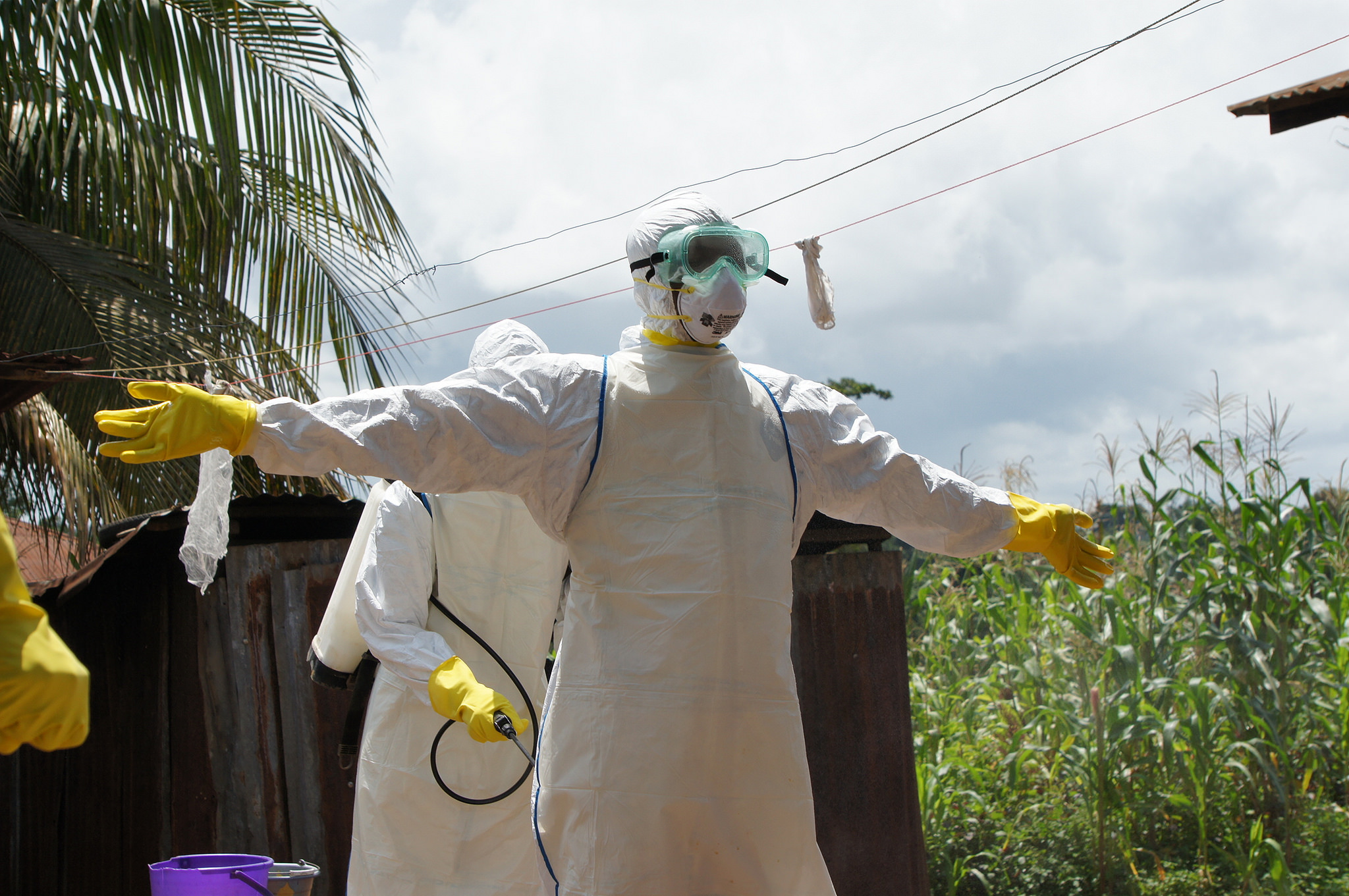By Dr. Craig A. Maxwell
With the outbreak of Ebola making more and more people nervous, and many different sources of media reporting different information, it’s easy to panic and get worried. Let me make it very clear that the Ebola virus is not something to be ignored, but by being informed, it will help to stay safe and healthy.
According to the CDC report, the 2014 Ebola outbreak is the largest outbreak of this virus in history and is affecting multiple countries in West Africa. Most recently there have been a few cases involving doctors and nurses that have traveled back to the United States from Africa.
How Is Ebola Spread?
Although information is circulating about the Ebola virus, not enough is being explained about how the virus is spread. Ebola is spread through direct contact (through broken skin or mucous membranes) with:
- Blood and bodily fluids (urine, feces, saliva, vomit, sweat, and semen) of a person who is sick with Ebola. A person must be showing symptoms for the disease to be spread from one person to another.
- Objects (like needles) that have been contaminated with blood or bodily fluids of an infected person with Ebola.
- Ebola is not spread through air, water, or food.
However, even though this is not a traditional airborne virus that can travel without fluid encasing it, Ebola has been placed under the category of “droplet-borne” disease. Vomiting, coughing, sneezing, and other procedures that involve the upper respiratory system generate these secretions. If those droplets come into contact with any mucous linings of a non-infected person, it is possible to contract the virus.
The reports from the world health authorities aren’t telling the entire story and leaving people to believe they are completely safe as long as they are not in direct contact with someone, when in reality more should be being told to the public to keep them safe and taking the necessary precautions.
How To Protect Yourself
There is currently no FDA-approved vaccine available for Ebola, however experimental treatments and vaccines are under development. Here are some precautions you can take to protect yourself from Ebola:
Wash Your Hands
It may be self explanatory, but hand washing with soap and warm water (or even hand sanitizer) can make a big difference in the spread of disease and germs. Wash often!
Avoid Other’s Bodily Fluids
Do NOT touch any bodily fluids of someone who is sick.Always use gloves when handling bodily fluids and wear a medical face mask if you know you will be in close proximity to someone who is sick.
Avoid Tainted Objects
Do NOT handle items that may have come in contact with someone who has been sick. This includes bedding, clothes, needles or medical equipment.
Know The Symptoms
These include weakness, fever, aches, diarrhea, vomiting, and stomach pain. According to CNN sources, symptoms appear 8-10 days after exposure to the virus, but the incubation period can span two to 21 days. The virus is not transferable if a person is not showing symptoms.
Avoid Air Travel & Heavily Populated Areas
This includes hospitals, conventions, and other large public events. Many people can be traveling from contaminated areas and lead to a wider range of possible contamination zones and points of contact.
Take A Daily Professional Grade Multi-Vitamin With Minerals And Stay Hydrated
Raising your vitamin D and vitamin C levels is imperative to maintaining a healthy immune system. I recommend Diamond Nutritionals’ Foundation Vitamins because of their proven purity, efficacy, and easy absorption.
Also, it is wise to drink at least six to eight glasses of pure water daily.
Stay Well-Rested
Similar to the note about taking vitamins and minerals, staying well rested allows your body to fight off disease better.
There isn’t much else we can do to avoid infection, and there isn’t a need to avoid regular daily activities at the level that the outbreak is happening in the United States currently. Protocols have been put in place at health care facilities, airports, and other points of high contact rates to keep these contamination points well contained.
The most important thing is to keep up your health and be as aware and informed as best possible.









